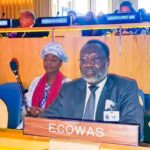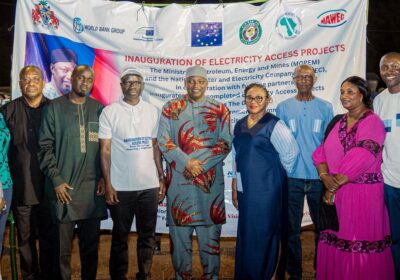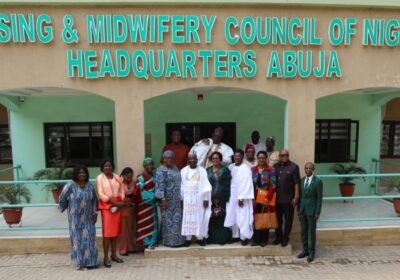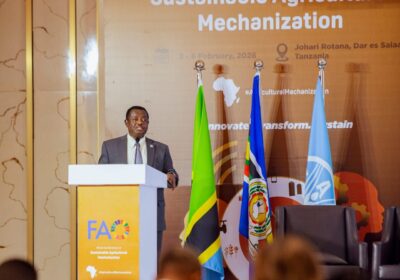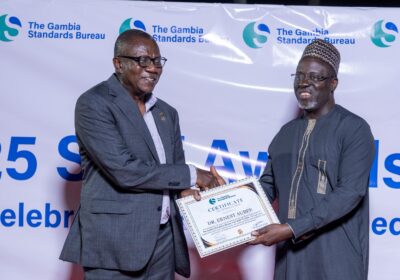ECOWAS, Ecobank Wrap Up Groundbreaking Women Traders’ Empowerment Program in Abuja, Nigeria.
By Raymond Enoch
The ECOWAS Commission, in partnership with Ecobank, officially concluded its pioneering pilot program designed to empower women traders in West Africa’s larger markets, with a close-out event held on Tuesday, September 30, 2025, in Abuja. The initiative, which ran from November 2024 to April 2025, marks a significant stride in addressing the gender gap in regional trade and entrepreneurship.

Organized through the Directorate of Trade, the program directly targeted women-led small and medium-sized enterprises (SMEs), aiming to strengthen their ability to conduct business more effectively and competitively in a fast-evolving regional market. Over the course of six months, selected participants—referred to as mentees—received hands-on training in leadership, financial literacy, digital trade tools, trade facilitation, and market access.
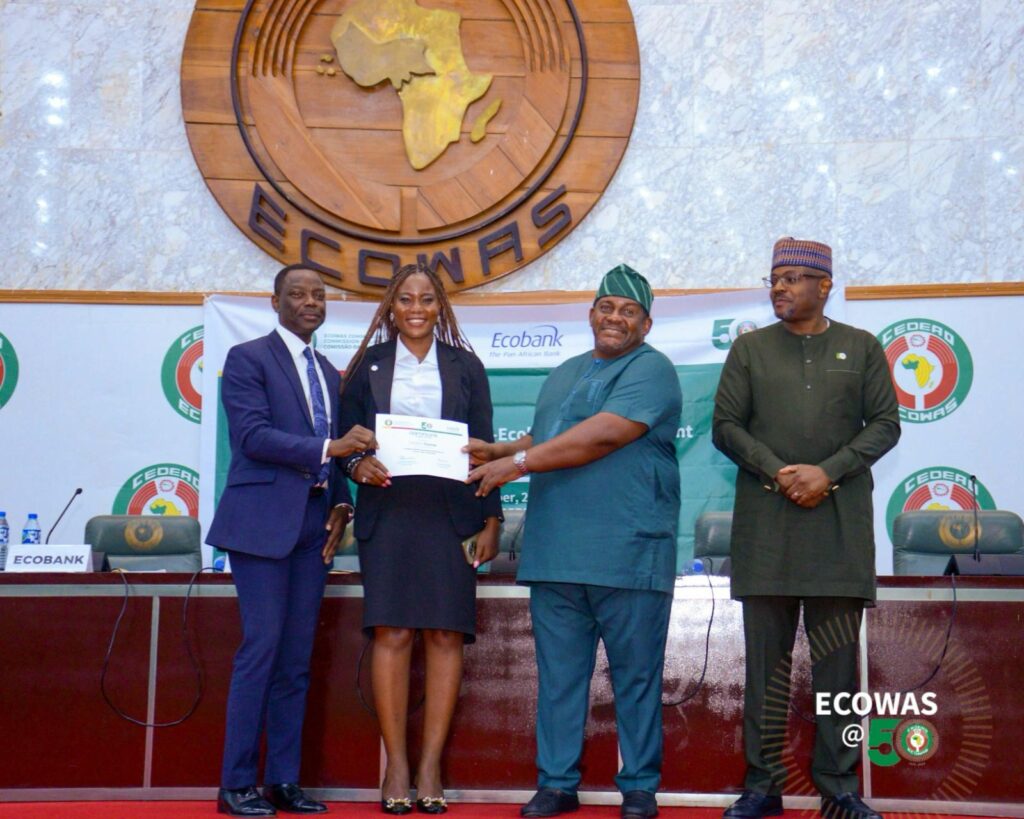
The initiative forms a critical component of ECOWAS’s broader mandate to mainstream gender across all its regional integration frameworks. In particular, it aligns with Strategic Objective No. 5 of ECOWAS’s implementation strategy for the African Continental Free Trade Area (AfCFTA), which seeks to transform the AfCFTA into a genuine vehicle for the economic empowerment of women and youth.
Tuesday’s close-out ceremony was a culmination of months of collaboration between ECOWAS and Ecobank, reflecting a shared commitment to inclusive economic development in the region. Participants, mentors, policymakers, and development partners gathered to assess the impact of the program and explore strategies for scaling up future interventions.
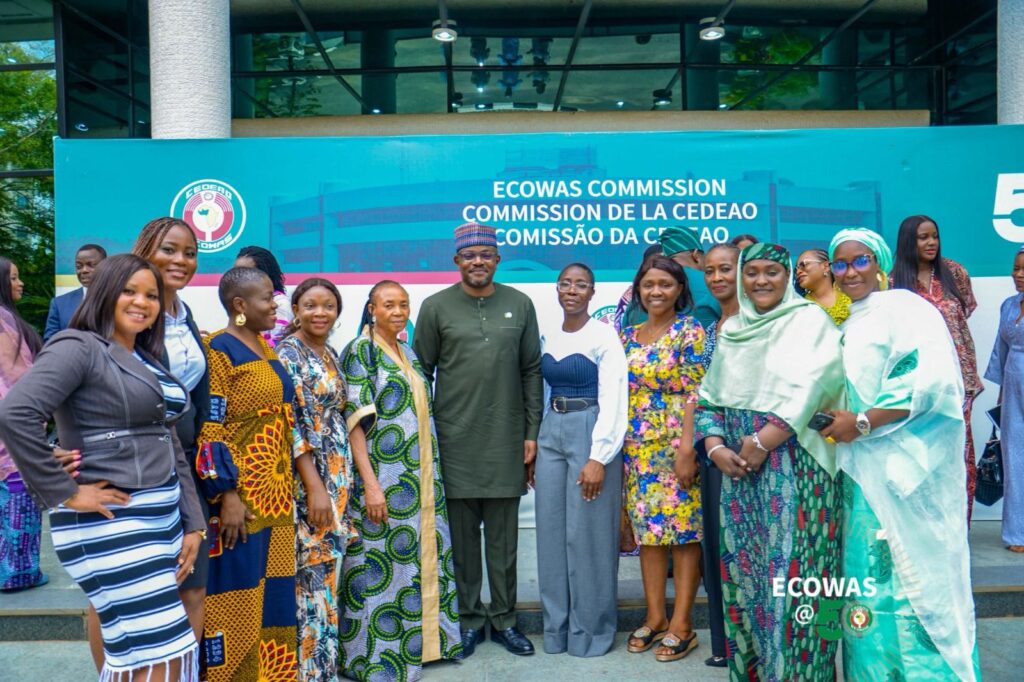
In remarks during the event, officials from both institutions hailed the program as not only timely but transformational, offering women traders the tools to break through structural barriers that have long limited their participation in formal cross-border trade. The pilot phase, they said, has generated actionable insights and proof of concept for future expansion.
The event also served as a platform for mentees to share testimonies on how the program has reshaped their business operations, boosted their confidence, and connected them to new markets and financing options. Many emphasized how critical the digital skills component had been in opening up e-commerce opportunities beyond their traditional market boundaries.
With the pilot phase concluded, ECOWAS and Ecobank are expected to evaluate its outcomes with a view to extending the program to other parts of the region, especially in fragile and under-served communities where women traders remain disproportionately affected by limited access to financial and trade infrastructure.
As the region gears up to leverage the AfCFTA for deeper economic integration, initiatives like this one reaffirm the critical role of women in building resilient, inclusive economies. The ECOWAS–Ecobank Women Traders Empowerment Program may have ended its pilot phase, but the momentum it has generated is only just beginning.



